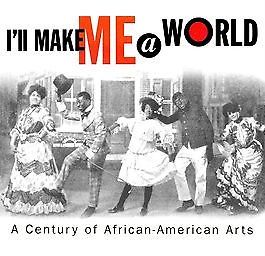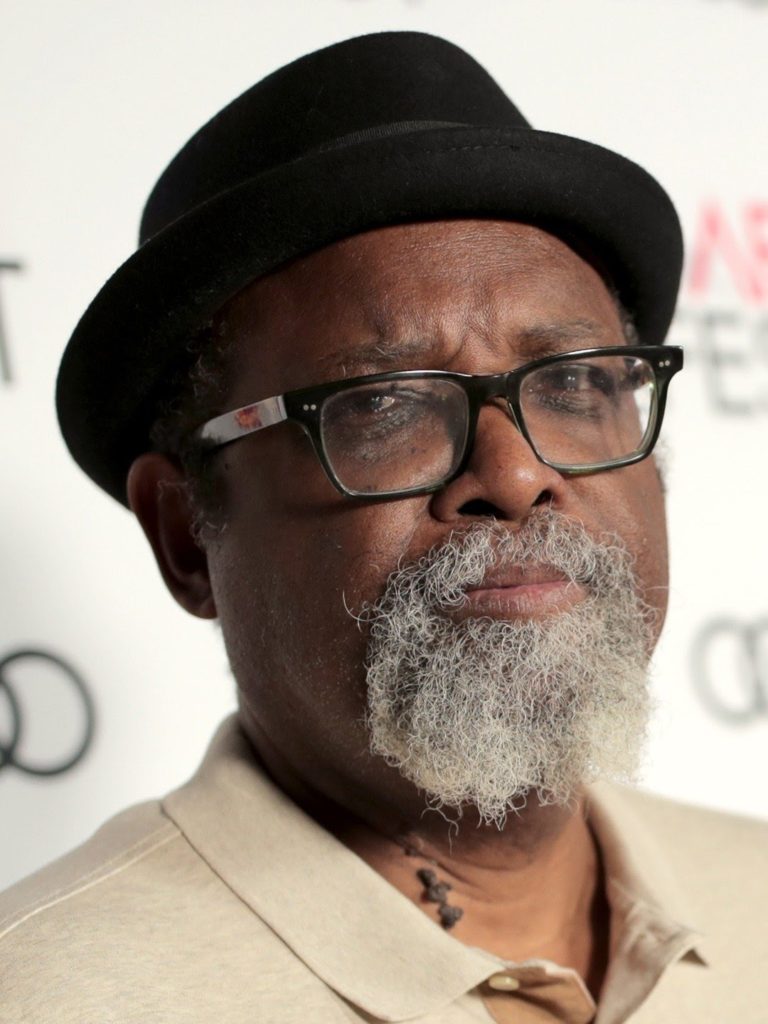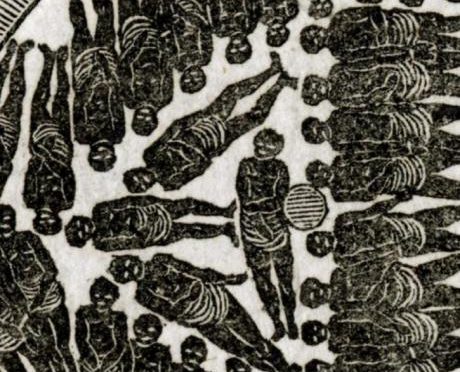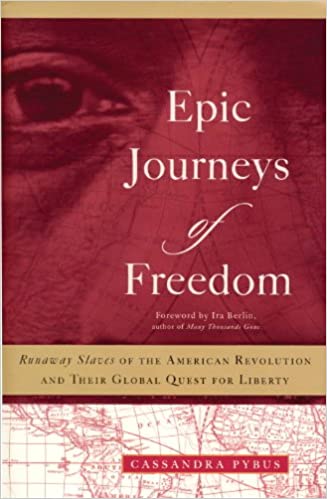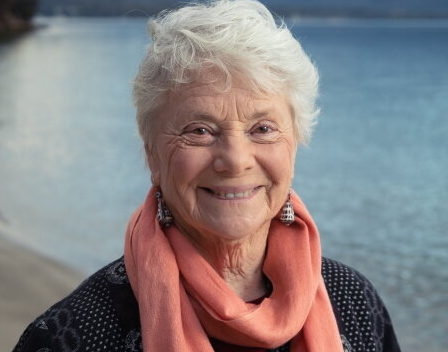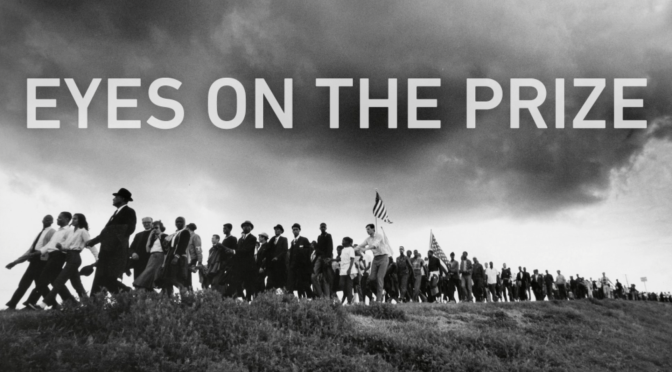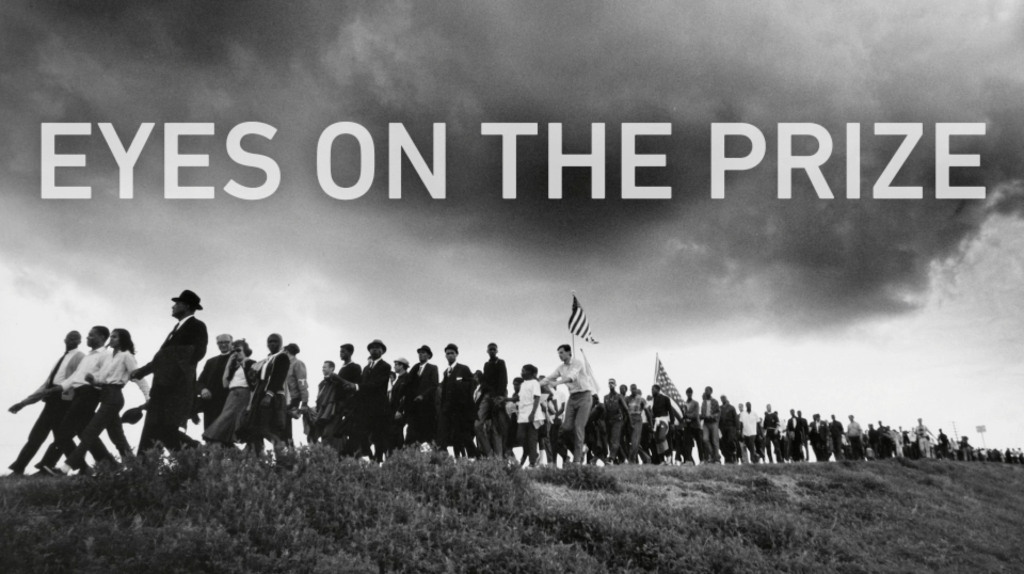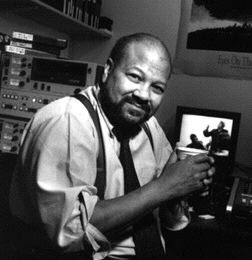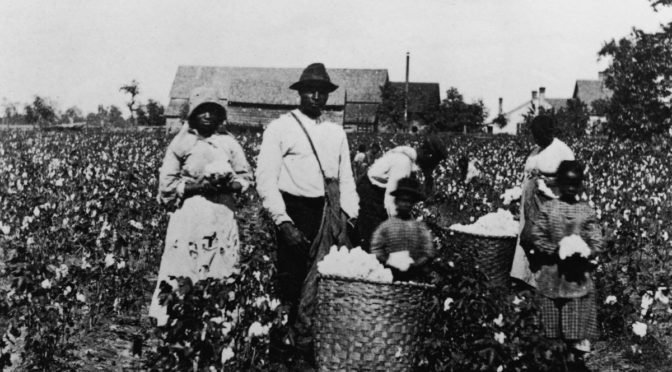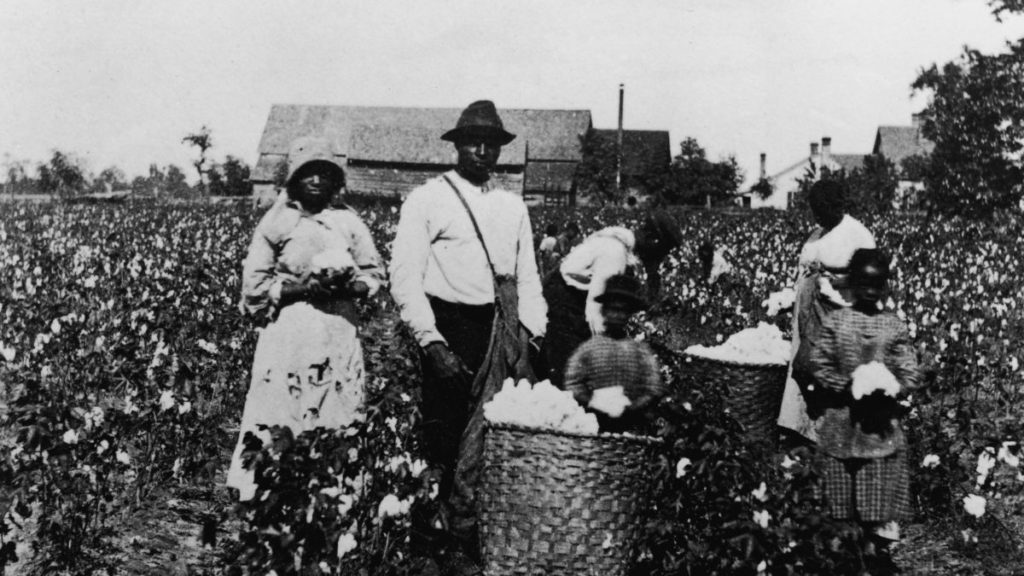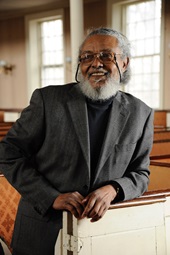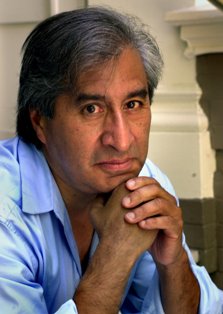It’s “the nuclear bomb of racial epithets,” a word that whites have employed to wound and degrade African Americans for three centuries. Paradoxically, among many Black people it has become a term of affection and even empowerment.
Randall Kennedy takes on not just the N-word, but our laws, attitudes, and culture —with a range of reference that extends from the Jim Crow south to Chris Rock routines and the O. J. Simpson trial.
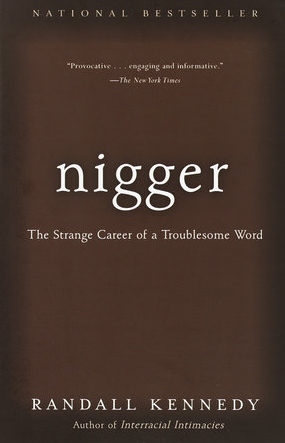
The word, of course, is nigger, and in his lucidly argued book the legal scholar Randall Kennedy traces its origins, maps its multifarious connotations, and explores the controversies that rage around it.
Should Blacks be able to use nigger in ways forbidden to others? Should it cost a person his job, or a book like Huckleberry Finn its place on library shelves?
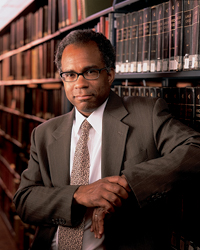
Randall Kennedy is an American law professor at Harvard University where he teaches courses on criminal law, and the regulation of race relations. He is the author of For Discrimination: Race, Affirmative Action, and the Law (2013), The Persistence of the Color Line: Racial Politics and the Obama Presidency (2011), and Nigger: The Strange Career of a Troublesome Word (2002).
Additional resources:
- That Word (The Atlantic)
- Kirkus book review

